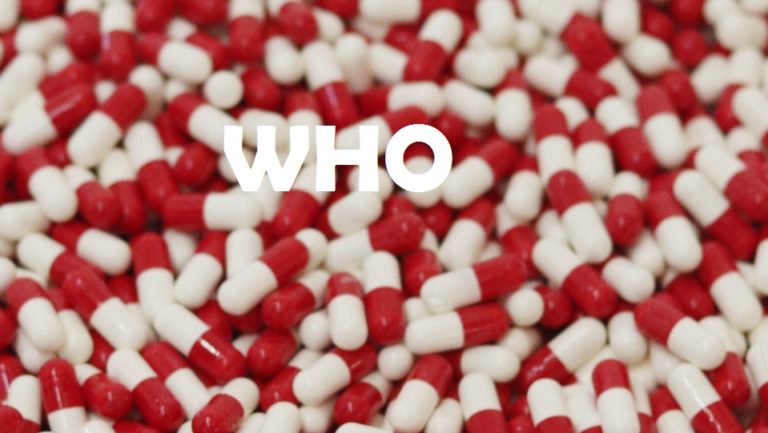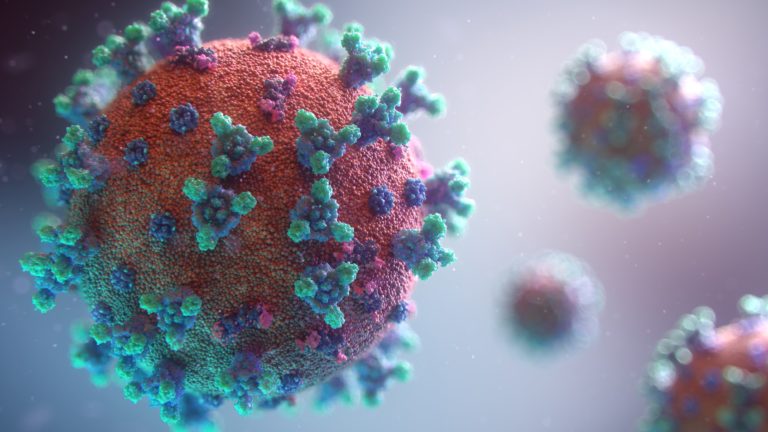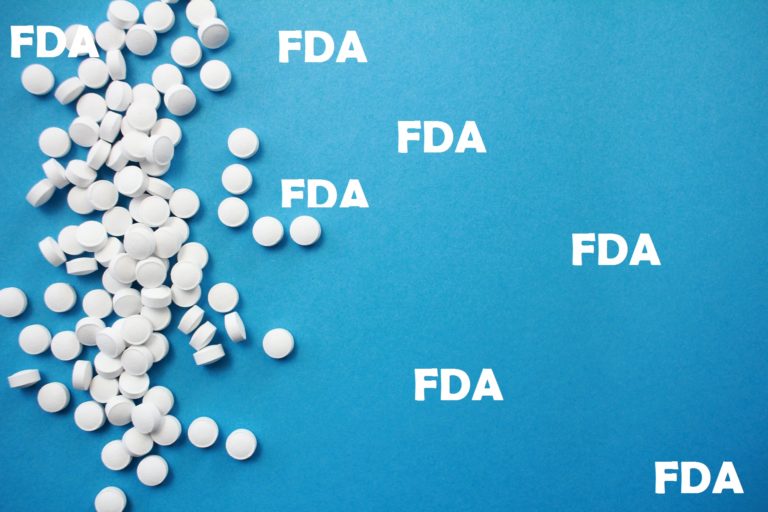May 13, 2020: “All over the world, the COVID-19 pandemic is causing significant loss of life, disrupting livelihoods, and threatening the recent advances in health and progress towards global development goals highlighted in the 2020 World Health Statistics published by the World Health Organization (WHO) today.
“The good news is that people around the world are living longer and healthier lives.
The bad news is the rate of progress is too slow to meet the Sustainable Development Goals and will be further thrown off track by COVID-19,” said Dr Tedros Adhanom Ghebreyesus, WHO Director-General.
“The pandemic highlights the urgent need for all countries to invest in strong health systems and primary health care, as the best defense against outbreaks like COVID-19, and against the many other health threats that people around the world face every day. Health systems and health security are two sides of the same coin.”
WHO’s World Health Statistics — an annual check-up on the world’s health — reports progress against a series of key health and health service indicators, revealing some important lessons in terms of progress made towards the Sustainable Development Goals and gaps to fill.
Life expectancy and healthy life expectancy have increased, but unequally.
The biggest gains were reported in low-income countries, which saw life expectancy rise 21% or 11 years between 2000 and 2016 (compared with an increase of 4% or 3 years in higher income countries).
One driver of progress in lower-income countries was improved access to services to prevent and treat HIV, malaria and tuberculosis, as well as a number of neglected tropical diseases such as guinea worm.
Another was better maternal and child healthcare, which led to a halving of child mortality between 2000 and 2018.
But in a number of areas, progress has been stalling. Immunization coverage has barely increased in recent years, and there are fears that malaria gains may be reversed.
And there is an overall shortage of services within and outside the health system to prevent and treat noncommunicable diseases (NCDs) such as cancer, diabetes, heart and lung disease, and stroke. In 2016, 71 per cent of all deaths worldwide were attributable to NCDs, with the majority of the 15 million premature deaths (85%) occurring in low and middle-income countries.
This uneven progress broadly mirrors inequalities in access to quality health services. Only between one third and one half the world’s population was able to obtain essential health services in 2017.
Service coverage in low- and middle-income countries remains well below coverage in wealthier ones; as do health workforce densities. In more than 40% of all countries, there are fewer than 10 medical doctors per 10 000 people. Over 55% of countries have fewer than 40 nursing and midwifery personnel per 10 000 people.
The inability to pay for healthcare is another major challenge for many. On current trends, WHO estimates that this year, 2020, approximately 1 billion people (almost 13 per cent of the global population) will be spending at least 10% of their household budgets on health care.
The majority of these people live in lower middle-income countries.
“The COVID-19 pandemic highlights the need to protect people from health emergencies, as well as to promote universal health coverage and healthier populations to keep people from needing health services through multisecotral interventions like improving basic hygiene and sanitation,” said Dr Samira Asma, Assistant Director General at WHO.
In 2017, more than half (55%) of the global population was estimated to lack access to safely-managed sanitation services, and more than one quarter (29%) lacked safely-managed drinking water. In the same year, two in five households globally (40%) lacked basic handwashing facilities with soap and water in their home.
The World Health Statistics also highlight the need for stronger data and health information systems.
Uneven capacities to collect and use accurate, timely, and comparable health statistics, undermining countries’ ability to understand population health trends, develop appropriate policies, allocate resources and prioritize interventions.
For almost a fifth of countries, over half of the key indicators have no recent primary or direct underlying data, another major challenge in enabling countries to prepare for, prevent and respond to health emergencies such as the ongoing COVID-19 pandemic.
WHO is therefore supporting countries in strengthening surveillance and data and health information systems so they can measure their status and manage improvements.”
“The message from this report is clear: as the world battles the most serious pandemic in 100 years, just a decade away from the SDG deadline, we must act together to strengthen primary health care and focus on the most vulnerable among us in order to eliminate the gross inequalities that dictate who lives a long, healthy life and who doesn’t,” added Asma. “We will only succeed in doing this by helping countries to improve their data and health information systems.”











